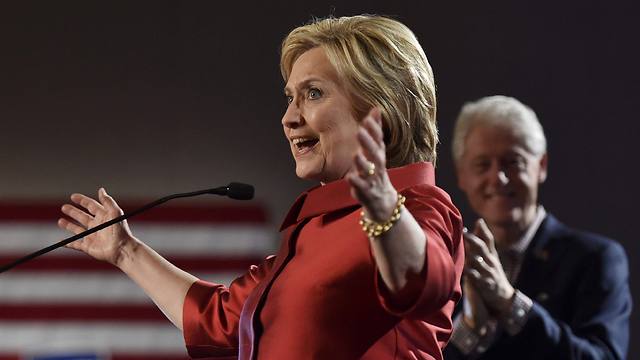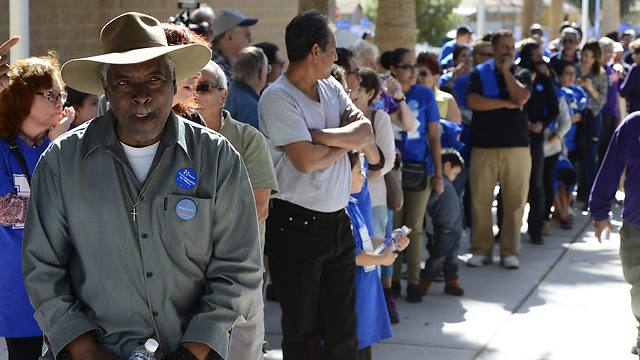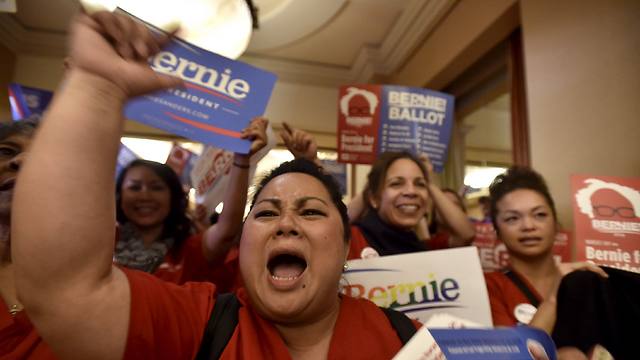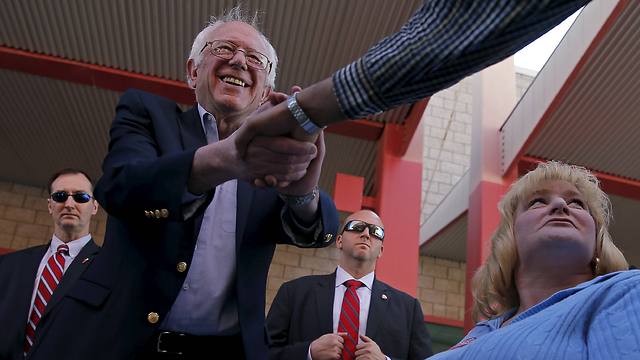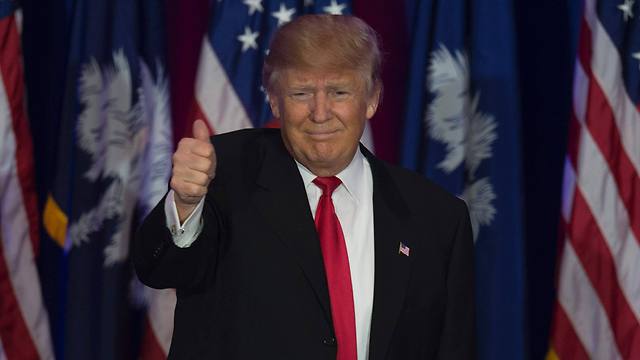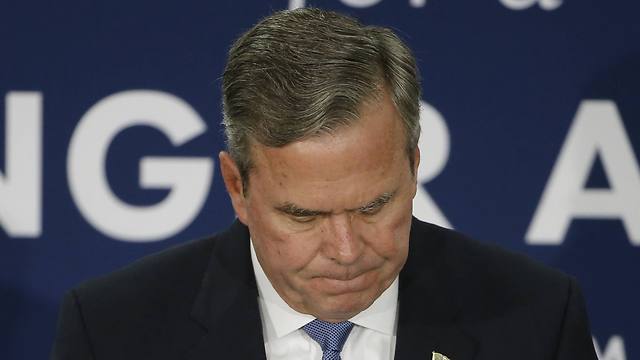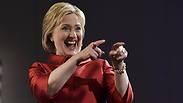
Clinton victorious in Nevada, Bush drops out of race
Hillary Clinton beat Bernie Sanders by five percentage points in Nevada, while Trump came out ahead over Rubio and Cruz by ten percentage points.
COLUMBIA - Hillary Clinton pulled out a crucial win in Nevada's Democratic caucuses, while Donald Trump claimed a big victory in South Carolina's Republican primary Saturday, deepening his hold on the party's presidential field as the contest moved into the South.
Former Florida Gov. Jeb Bush, who has done poorly in the first three early Republican contests, suspended his campaign.
The victories put Clinton and Trump in strong positions as the 2016 presidential election barreled toward the March 1 Super Tuesday contests, a delegate-rich voting bonanza.
Clinton's roughly 5-point win eased the rising anxieties of her backers, who feared a growing challenge from Bernie Sanders. At a raucous victory rally in Las Vegas, she lavished praise on her supporters and declared, "This one is for you."
Trump's strong showing in South Carolina marked his second straight victory in the Republican primaries and strengthened his unexpected claim on the party nomination. No Republican in recent times has won New Hampshire and South Carolina and then failed to win the nomination.
Ted Cruz and Marco Rubio, a pair of freshman senators, were locked in a race for second place in South Carolina. Jeb Bush and other candidates lagged far behind.
For both parties, the 2016 election has laid bare voters' frustration with Washington and the influence of big money in the political system. The public mood has upended the usual political order. That gave Vermont Sen. Bernie Sanders, who put up a stiff challenge to Clinton in Nevada, and Trump openings over many more mainstream candidates.
In Nevada, Clinton won the backing of voters who said electability and experience were important in their vote. But in a continuing sign of her vulnerability, Sanders did best with voters looking for a candidate who is caring and honest.
She capitalized on a more diverse Democratic electorate who helped her rebound after a second-place finish to Sanders in the New Hampshire primary.
"Some may have doubted us, but we never doubted each other," Clinton told her cheering supporters during a victory rally in Las Vegas. "This one is for you."
She said Americans are "right to be angry," but are also hungry for "real solutions."
Sanders, a self-described democratic socialist, congratulated Clinton on her victory, but then declared his campaign has "the wind at our backs as we head toward Super Tuesday" - the multi-state voting contests on March 1.
Clinton's victory could be vital in pushing back the Sanders challenge that has been tougher than almost anyone expected. Clinton narrowly won the leadoff caucuses in the Midwestern state of Iowa, but the Vermont senator had a runaway victory in the tiny northeastern state of New Hampshire.
Clinton now leads in delegates pledged to her at the Democratic Party's national convention in July, but only has a fraction of the number needed to secure the nomination. Clinton's win means she will pick up at least 18 of Nevada's 35 delegates. Trump also is accumulating a delegate lead among Republicans.
No candidate has shaken the establishment more than Trump. He spent the week threatening one rival with a lawsuit, accusing former President George W. Bush of lying and even tangling with Pope Francis on immigration.
The Trump win drove Bush, once the front-runner, who was counting on his family's broad popularity in South Carolina, out of the race. Bush is the son and brother of former presidents.
Now, the Trump victory foreshadows a solid performance in the collection of Southern states that vote on March 1. Victories in those Super Tuesday contests could put the billionaire in a commanding position in the delegate count, which determines the nomination at the party's national convention in July.
Trump has run a campaign punctuated by outrageous statements, including a call to ban the entry of Muslims to the United States. At his last election rally Friday night he upped the ante in his remarks about them, repeating the widely discredited story of American Gen. John Pershing, who was said to have halted Muslim attacks in the Philippines in the early 1900s by shooting the rebels with bullets dipped in pigs' blood.
Cruz, who has challenged Trump's conservative credentials, had banked on a well-regarded get-out-the-vote operation and 10,000 volunteers to help overtake Trump on Saturday, as well as in the Southern states that follow.
Rubio is viewed by the Republican party establishment as a credible alternative to Trump and Cruz, candidates some leaders believe are unelectable in November.
Rubio had scored the endorsements of several prominent South Carolina politicians, including Gov. Nikki Haley, and seemed to have rebounded after a dismal debate performance two weeks ago that contributed to a disappointing fifth-place finish in the New Hampshire primary.
Rubio's good showing is a big boost, for a young candidate who has gathered big support from mainstream Republicans.
Also in the mix was Ohio Gov. John Kasich, who had low expectations in South Carolina. He was looking toward more moderate states that vote later in March. Retired neurosurgeon Ben Carson had a small but loyal cadre of followers.











